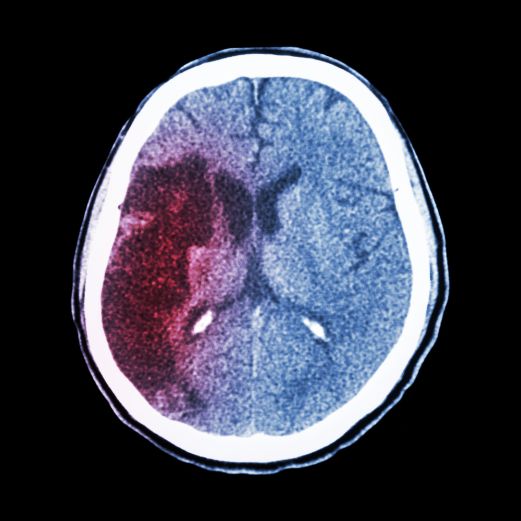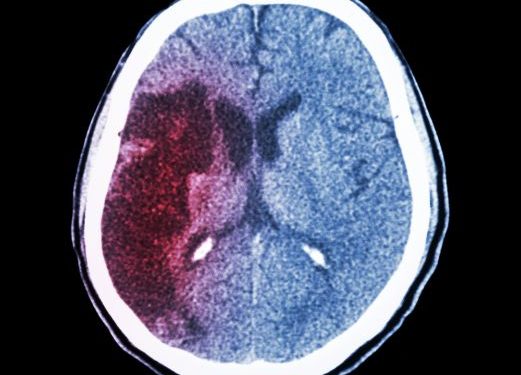Symptoms of brain cancer vary, depending on the location and growth rate of the tumor. Some symptoms may occur gradually, while others may happen suddenly. If you think you may have brain cancer, it’s important to discuss the symptoms with your doctor. Your doctor may suggest tests to confirm the diagnosis. This will help you and your doctor determine the best treatment plan for you. Brain cancer can also cause systemic effects, which can affect your overall health.
Some of the most common symptoms of brain cancer include headaches, seizures and difficulty remembering words. These symptoms may also occur when the tumor blocks the flow of cerebrospinal fluid around your brain. This can cause generalized symptoms such as nausea and vomiting. The buildup of cerebrospinal fluid in the brain can increase intracranial pressure, which can cause damage to the brain. The accumulation of the fluid can also affect your senses, including your sense of hearing and vision.
Another symptom of brain cancer is depressed mood. Many patients experience anxiety and worry about their future, and this can lead to a loss of motivation. Other patients become angry, frustrated, and depressed. These symptoms can be confused with other illnesses. However, they should be treated immediately to avoid permanent effects.

Other symptoms include difficulty swallowing, difficulty breathing, and loss of balance. These symptoms may be related to the brainstem or frontal lobe of the cerebrum. If the tumor is pressing against the skull, your doctor may suggest treatment to reduce the pressure. This may include surgery or radiotherapy. In some cases, the tumor may cause swelling in the area where it’s located. This may continue for a few weeks after treatment.
Another symptom is a sudden loss of consciousness. If you experience sudden changes in your mood or consciousness, you should visit your doctor. This can indicate a brainstem tumor or frontal lobe tumor.
Brain tumors can cause a range of symptoms, from mild to severe. Some of the more common symptoms of brain cancer include headaches, memory loss, seizures, and vision difficulties. Other symptoms may not be related to the tumor at all. Other conditions, such as meningitis or a head injury, may also cause these symptoms.
Brain cancer may occur in any part of the brain. It’s important to know the symptoms and signs of brain cancer so you can be prepared for the disease. It’s also important to know that brain cancer has a poor prognosis, which means that most people will die within a few years of diagnosis. However, survivors can live for years after treatment. Fortunately, early diagnosis and treatment are important factors in improving the prognosis. If you suspect that you have brain cancer, it’s important to talk with your doctor and caregivers about your symptoms and prognosis.
A brain tumor can cause other symptoms, including headaches, numbness, and vomiting. If the tumor is pressing on the brain, it can cause swelling in the area. It may also cause other problems, such as a decrease in the sense of touch.









